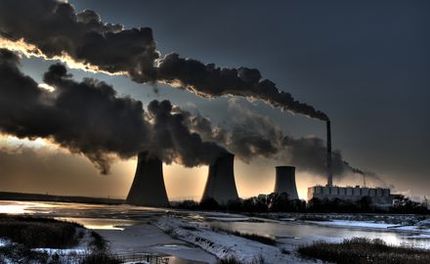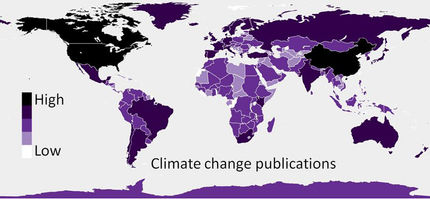Climate change: carbon leakage is not a myth, but sound evidence
Advertisement
While European negotiations on the allocation method of CO2 emissions rights are growing ever more intense, reports claiming to prove limited effects on the European competitiveness are, unsurprisingly, flourishing. For European chemical industries, it is necessary to manage climate change with facts and sound evidences and to avoid speculation driven analysis.
“Our competitiveness is highly at risk from a unilateral carbon cost”, says Alain Perroy, Director General of Cefic, reacting to a Climate strategies press release. “We understand that researchers and consultants try to seize the opportunity to provoke deeper and deeper analyses. However, we support the EU institutions in coming to terms with the legislation using pragmatic and workable criteria instead.”
Indeed, a Climate strategies study claims to evaluate the risk of delocalization and carbon leakage for the chemical industry. It suggests that only a small number of chemicals could be affected by carbon leakage and require specific responses. The authors go further in recommending that individual product characteristics, cost structure, investment requirements, and market and trade structure should be analyzed.
While the European Chemical Industry had not been consulted by Climate strategies, sound data had been submitted early in 2008 to the European Commission at its request, providing clear evidence of the chemical industries’ exposure to fierce global competition and of the carbon leakage risk. “We cannot pass on EU-specific carbon costs to our customers around the world”, explains Alain Perroy.
“Climate strategies should refrain from appearing as campaigning for full auctioning in the final stages of the ETS Review process and consult with industry in order to give a balanced academic insight into the matter” comments Peter Botschek, Energy and HSE Director with Cefic. “Unfortunately Climate strategies still falls short of understanding the high level of integration of our sector. The high value at stake in the basic chemical sector, which the report clearly recognizes, puts at risk the building block of the chemical industry. If one major building block such as chlorine moves out of Europe, an entire value chain will follow resulting in tremendous losses of opportunity and jobs.”
Evidences have indeed been provided showing that the chemical sector is highly integrated and it is often the derivatives of the carbon-intensive activity, usually produced on the same site/complex, which are traded. It is necessary to analyze chemical products in terms of building blocks, describing the whole value chains and the effects on downstream users.
Because derivatives are globally traded, they are globally priced. Insofar as there are regional markets (eg: Western Europe, North America, the Far East), arbitrage between these markets serves to equalize prices and this limits pass-through potential.
Commodity chemicals operate on slim margins and profit is often a small part of Gross Value Added. Given slim margins and limited pass-through potential, even when moderated across turnover, carbon costs remain non-trivial. The chemical industry is then clearly exposed, as major building blocks are highly carbon intensive and cost pass through is basically impossible as their downstream products have to compete on global markets.
Climate change issues management is too serious a matter to be left to quick surveys. It will affect all our environments and companies. Careful and more in depth analysis show that total yearly costs for the industry in case of full auctioning would amount to Euro 11.1 bn per annum. The Emissions Trading Scheme is a European tool that can keep the cap while avoiding such costs. In that respect, by providing homogenous comparison of performances, benchmarking combined with free CO2 allowances up to the benchmark will ensure the EU objective is met without leading to any significant risk of carbon leakage.


























































